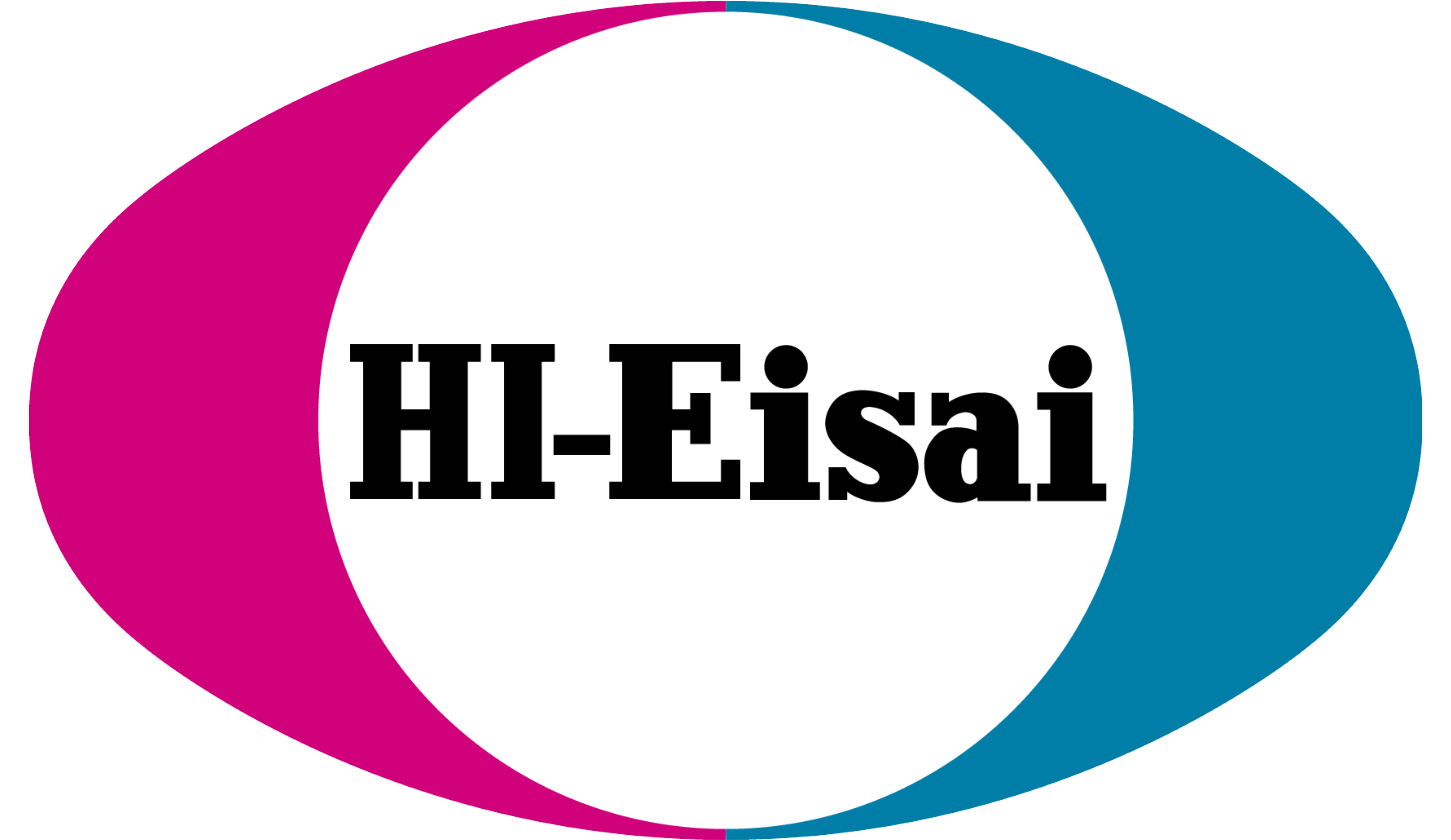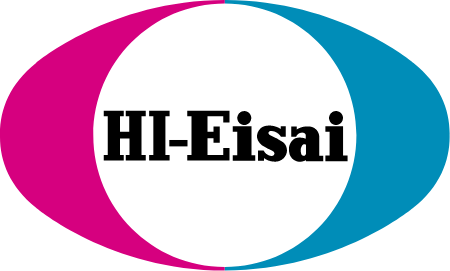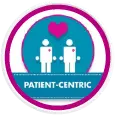The Vital Role of Social Support and Community Resources for Individuals Living with Parkinson’s Disease and Their Caregivers
Parkinson’s disease (PD) is a complex condition that not only affects the individual diagnosed but also has a profound impact on their caregivers and loved ones. Social support and access to community resources play a crucial role in managing the challenges associated with Parkinson’s and improving the overall quality of life for both patients and caregivers. Here’s a deep dive into the importance of social support and community resources:
Emotional Support: Dealing with a chronic illness like Parkinson’s can lead to feelings of isolation, anxiety, and depression. Social support networks, such as family, friends, support groups, and online communities, can provide emotional reassurance, empathy, and a sense of belonging. Sharing experiences and coping strategies with others who are going through similar challenges can be incredibly comforting and empowering.
Practical Assistance: Parkinson’s can impact daily activities, making tasks like cooking, cleaning, and running errands more challenging. Caregivers often bear the brunt of these responsibilities. Access to community resources, such as home health aides, meal delivery services, and transportation assistance, can provide much-needed relief for caregivers and help individuals with Parkinson’s maintain their independence.
Education and Information: Understanding Parkinson’s disease, its progression, and available treatment options is crucial for both patients and caregivers. Community resources, such as educational workshops, seminars, and online resources, can provide valuable information and empower individuals to make informed decisions about their care.
Exercise and Wellness Programs: Regular exercise is essential for managing the symptoms of Parkinson’s and maintaining overall health and well-being. Community-based exercise programs tailored for individuals with Parkinson’s, such as boxing, dancing, and yoga classes, can provide social interaction, motivation, and physical benefits.
Support Groups: Joining a support group specifically for individuals with Parkinson’s and their caregivers can provide a safe space to share experiences, exchange practical tips, and offer emotional support. Support groups can also be a valuable source of information about local resources and services.
Caregiver Support: Caregiving for someone with Parkinson’s can be physically and emotionally demanding. Caregiver support groups and respite care services can provide caregivers with the opportunity to connect with others facing similar challenges and access resources to help them cope with the demands of caregiving.
Advocacy and Empowerment: Community organizations and advocacy groups focused on Parkinson’s can empower individuals to advocate for their needs, raise awareness about the disease, and drive research for better treatments and a cure.
In conclusion, social support and community resources are invaluable for individuals living with Parkinson’s and their caregivers. By connecting with others, accessing information and services, and participating in community-based programs, individuals with Parkinson’s and their caregivers can enhance their quality of life and navigate the challenges of Parkinson’s disease more effectively.






